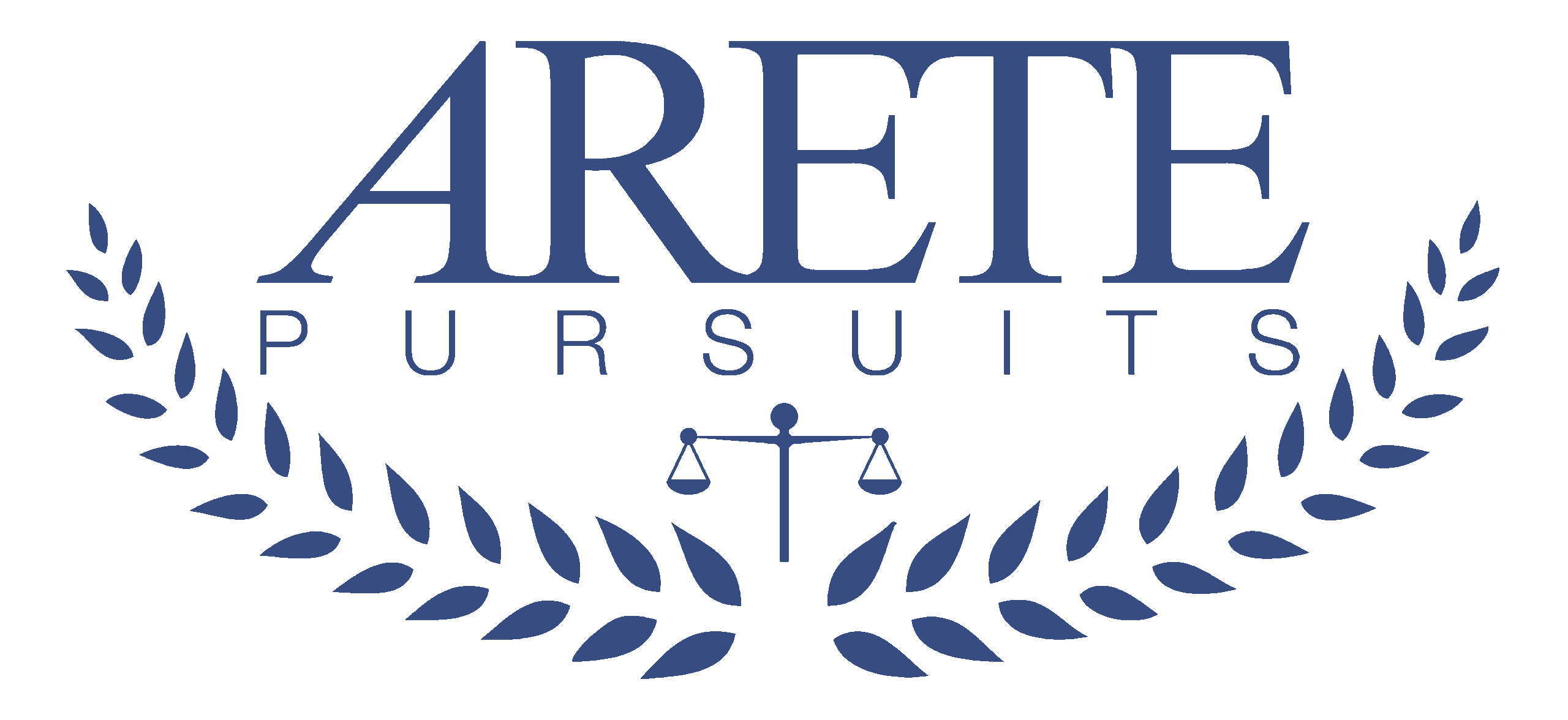When it comes to personal growth, there is no more foundational component than awareness. Our most significant opportunities for growth arise when we can unearth the subconscious aspects of our way of being and make them conscious. Only then can we examine them, challenge them, and identify new possibilities if they no longer serve us.
Today I want to talk about awareness of how we relate to others. How can you build awareness to help strengthen your interactions with other humans? Along the way, I’ll reflect on my experiences recently coaching leaders from different countries and cultures.
Self-Awareness
Self-awareness is one core component of emotional intelligence (EQ) and is where most of us start as we look to grow our EQ. Can you think of an event in your past that made you aware of something about yourself that you were previously blind to? Chances are it involved feedback from someone else. Numerous research studies demonstrate that the people closest to us know us better than we know ourselves. You can build self-awareness by encouraging feedback from others and treating that feedback as a gift.
When preparing for a conversation with someone, take time in advance to observe your current state.
- What is your mood? Are you looking forward to the conversation? Are you dreading it? Are you distracted by something else? Bringing awareness to your mood allows you to pause, reflect, and take action to shift your mood if required.
- What are the stories in your head about the upcoming conversation? When you inspect your internal talk track, you can uncover potential biases that could affect how you show up.
- What is your body telling you? For many of us, this is the last place we look. It’s also one of the most powerful awareness tools. That pit in your stomach is telling you something. If you’re about to enter a meeting with your CEO, you probably don’t want to have your shoulders slumped forward and your head down.
Coaching clients in other countries and cultures constantly expands my self-awareness. As I approach these conversations, I reflect upon what I know about their culture. This reflection often highlights how much I don’t know about their culture. This, in turn, shines a bright light on the aspects of my culture which I may previously have taken for granted. This reflection helps me bring my beginner’s mind to the conversation, creating a space of curiosity and an opportunity to expand my awareness of myself, my client, and their culture.
I worked with one client who expressed concerns that their parents disagreed with their choices. While the client was over fifty, their parents continued to express that disagreement, and the client did not push back. Based on my own experience, my instinct would have been to tell my parents politely but firmly that I had heard them, this was my decision, and I needed them to let it go. Fortunately, I kept my instincts to myself and kept listening. The client explained how their culture places deep emphasis on their elders, and pushing back would be a sign of great disrespect.
Other-Awareness
You probably have practice with self-awareness. Equally important in your conversations with others is what I call other-awareness. This is more commonly known as empathy, another core component of EQ. When we invest energy in understanding and becoming aware of the person we are in relation with, we have an even more significant impact on the relationship.
- What is this person’s mood? You’re probably not psychic, but you can reflect on what they are dealing with. You can read their body language. You can also ask them. Understanding their emotional state allows you to tailor how you show up to be more supportive.
- What stories do you think are going through this person’s head? Take the time to try and imagine their perspective. Think about the topic of the conversation and ask yourself how you think this person may view that topic. What can you be aware of to help you empathize more with them?
- Be curious. You’ll identify many more things about the person you don’t know than things you do. That curiosity will help you show up more open in the conversation.
With my international clients, I try to imagine how they see an American coach and how their experience may differ from that of an American client.
- What do they know about me?
- What bias might they bring to the conversation?
- What misconceptions might they have of me?
- Is English their native language?
- What time of day is it where they live? How might that affect their energy and mood?
I find time zones quite interesting. I have had several clients on the other side of the world who may be unable to align with my working hours. I think about the client’s time zone and what time of day overlaps mine, and I question whether that would work for them. I have learned not to second-guess and let the client tell me what works. One client was very accustomed to working with people in the US, so even though my 10 AM slot seemed very late in his day, he assured me it was normal for him to have a call at that time. I am also very grateful that my Australian classmate is a morning person, enabling us to connect before my bedtime.
Us-Awareness
This third category might be new to you. I’m sure I’m not the first to use it, but I haven’t encountered it in my reading. In addition to building our self-awareness and awareness of others, there is more learning to unlock when we take the view of us-awareness. This is an awareness of the relationship that exists collectively between you and the other person.
- What are the qualities of the relationship?
- What values do you have in common?
- Where do your values differ?
- What are your shared strengths?
- In what ways do your strengths differ? How can these be complementary? How can they be counter-productive?
- What is your shared history, and how does that impact the relationship?
- What goals do you share?
- Where are your goals in conflict?
Us-awareness is one of my favorite parts of any coaching relationship. It begins in our first session as we each share our top five values and why they are important to us. This discussion often identifies shared values that connect us and disparate values that help build our other-awareness.
Often a coachee offers a value that I have not previously considered, which triggers my self-awareness. One coachee helped me reframe the value of service, which never quite resonated with me, with the value of contribution. That reframing clicked into place for me when I thought about my role as a coach.
When you are in relation with another, recognizing there are two individuals and a collective “we” gives you a powerful tool to raise awareness.
Putting It Into Practice
Pick an important relationship in your life. This could be your boss, a direct report, a partner, or a friend. Try these techniques to raise your awareness.
- Reflect upon your self-awareness as it relates to this person. Consider asking them for feedback to grow that awareness.
- Reflect upon your other-awareness of this person. How might they view you?
- Reflect upon the us-awareness that exists between the two of you. What dynamics exist in the relationship?
Remember, curiosity is your best friend here. Take time to reflect, be curious, and explore.

